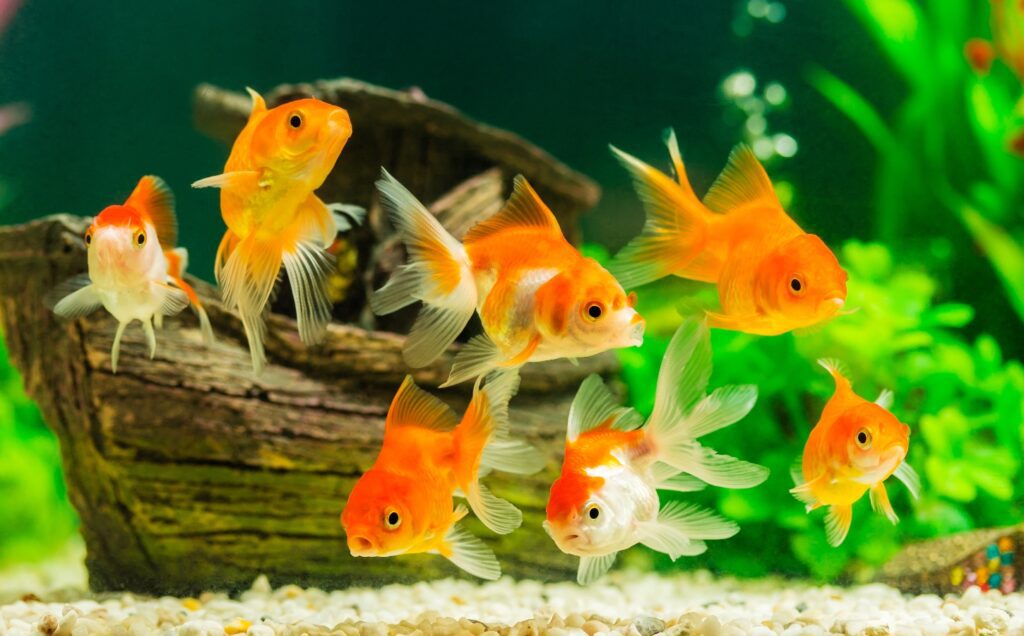California’s Department of Toxic Substances Control (DTSC) looks set to no longer require companies to conduct “fish kill tests” to prove the non-toxic nature of their materials.
A new bill (AB 1793), put forward by Assemblymember Dr. Bill Quirk, will see the DTSC required to offer companies alternatives to standard aquatic toxicity tests. The Assembly and the Senate saw the bill successfully pushed through and now, the bill is expected to be signed into law by Democratic Governor Gavin Newsom.
Animal rights advocacy organization Cruelty Free International (CFI) was asked to supply information regarding humane alternatives to fish kill tests for the bill. The nonprofit, which campaigns for the total abolition of animal testing, offered insight into existing and emerging options.
Traditional aquatic toxicity testing is used to determine which concentrations of substances are poisonous to marine life. Results of such experiments are then used to decide on the most appropriate waste management techniques. This is because toxic materials cannot be recycled, they must be burned.
Testing consists of numerous fish tanks, each with a minimum of 40 animals inside, being subjected to different concentrations of substances. Assessors look to see which concentration kills 50 percent of the fish within a 96-hour window. Tests are repeated if initial results are inconclusive.
Commonly known as the Lethal Concentration 50 test, it is one of the most controversial animal testing procedures. As a result of public outcry, acknowledgment of fish sentience, and animal welfare activism, humane alternatives are now available. These include sophisticated computer modeling platforms.
Despite the availability of animal-free testing, agencies, including the DTSC, have continued to call for fish-based aquatic toxicity testing ahead of waste disposal. Historically, if companies didn’t conform, they were forced to classify their materials as toxic, even if they weren’t.
Hazardous waste on the rise in California
According to CFI, a number of companies operating within California have chosen to forgo fish kill tests. As a result, the amount of waste classified as hazardous has risen.
Potentially ethical companies are not able to dispose of their waste in an environmentally-friendly way, purely because they want to save animal lives. This leaves them with no option but to burn their refuse. In turn, this undermines any climate objectives set out in corporate social responsibility policies.
Unnecessary waste burning also potentially increases the number of emissions being generated by California. Standard waste incineration releases carbon dioxide, nitrous oxide, and ammonia into the atmosphere. It is likely that industrial waste will compound this. Furthermore, it could, potentially, add more pollutants into the mix, thus directly contributing to the climate crisis.
Governor Newsom recently signed multiple climate-related bills into law. They included measures that will move the state towards 100 percent clean energy use. New oil drilling near communities is now banned and carbon sequestration initiatives have been proposed.
However, a bill to impose a state-wide limit on greenhouse gas emissions failed to be signed off.
It has been suggested that the measures were brought in following extreme weather conditions, linked to the climate emergency. Prolonged drought, wildfires, and heat waves have all been experienced in California in recent years.
California backs animal rights
Governor Newsom has already signed a number of animal welfare bills into law.
In 2018, California introduced Proposition 12 (the Prevention of Cruelty to Farm Animals Act), shortly after a cruelty-free cosmetics bill was approved.
The following year, a bill to allow universities to conceal their animal testing activities was thrown out.
In the same year, Governor Newsom led the US’s first state ban on fur trapping. It prohibited trapping native animals like coyotes, beavers, and badgers for their fur. He also signed a bill that made the manufacture, sale, or otherwise distribution of fur products illegal in California.
The new aquatic toxicity testing bill is a further example of California staying at the forefront of animal welfare reforms.
“California has long been a leader in promoting modern alternatives to animal tests,” Monica Engebretson, the North American head of public affairs for Cruelty Free International said in a statement.
“AB 1793 will help California lead again by modernizing its aquatic toxicity testing requirements in a way that will benefit animals, the environment, and business.”






